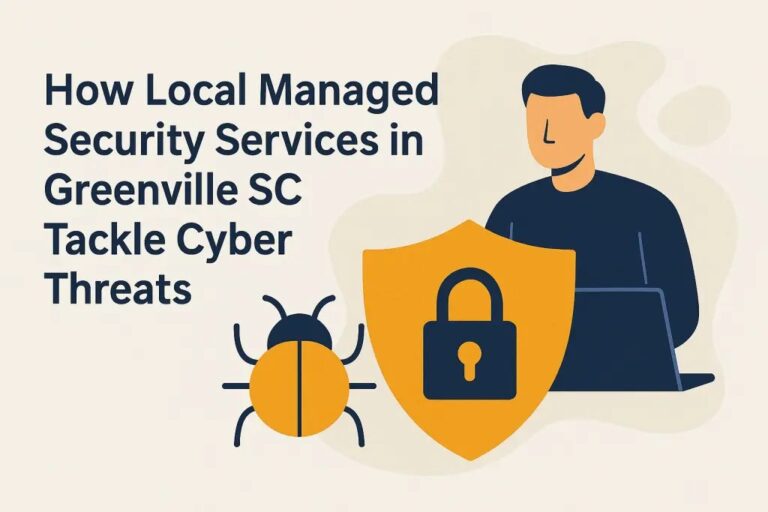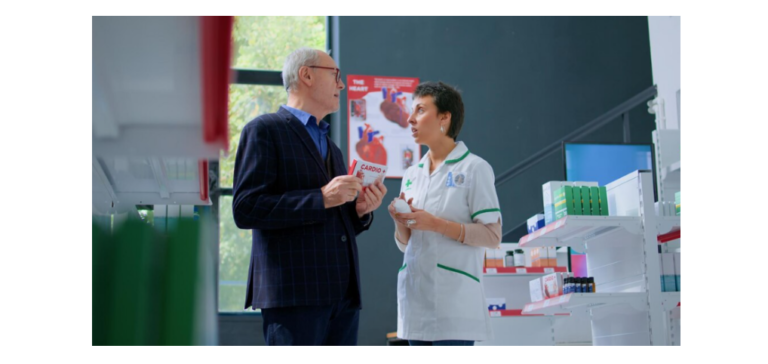The pharmaceutical industry is built on innovation, but innovation alone is not enough. Once a drug enters the market, ensuring its continued safety and efficacy becomes a critical responsibility. This is where pharmacovigilance consultancy services play an essential role. By monitoring, assessing, and mitigating potential risks associated with medicines, these services safeguard patients while also supporting compliance with global regulations.
In this article, we’ll explore how pharmacovigilance consultancies contribute to drug safety, the processes involved, and why their expertise is indispensable for pharmaceutical companies worldwide.
The Importance of Pharmacovigilance
Pharmacovigilance refers to the science of detecting, assessing, understanding, and preventing adverse effects or any other drug-related issues. Even with rigorous clinical trials, rare or long-term side effects may only emerge after a drug is widely distributed. Effective monitoring is therefore crucial to protect patient safety and maintain public trust.
For pharmaceutical companies, failing to uphold strong pharmacovigilance practices can result in regulatory penalties, reputational damage, and most importantly, risks to patient health.
What Are Pharmacovigilance Consultancy Services?
Pharmacovigilance consultancy services are specialized solutions offered by experts who assist pharmaceutical and biotechnology companies in building, managing, and improving their safety systems. They combine deep regulatory knowledge with technical expertise to ensure that companies remain compliant while prioritizing patient well-being.
These consultancies typically support:
- Regulatory compliance with authorities like the FDA, EMA, and WHO
- Risk management planning for new and existing drugs
- Safety data collection and analysis
- Training and process optimization for internal teams
- Technology integration for efficient safety monitoring
Risk Management and Signal Detection
Beyond handling individual cases, pharmacovigilance consultancies also focus on broader safety strategies. Risk management involves developing proactive measures to mitigate potential harm. Signal detection, on the other hand, involves analyzing large sets of data to identify new or unexpected safety issues.
By combining advanced analytics with expert judgment, consultancies help companies make informed decisions about their products. This process ensures both regulatory compliance and patient safety.
Global Regulatory Landscape
Pharmacovigilance is highly regulated, with requirements varying by region. For example, the European Medicines Agency (EMA) has its Good Pharmacovigilance Practices (GVP) guidelines, while the U.S. FDA enforces post-marketing safety requirements.
Consultancy services are invaluable in navigating this complex landscape. Their expertise ensures that companies maintain consistent standards across international markets, minimizing the risk of non-compliance and ensuring that medicines meet the highest safety standards globally.
Technology and Innovation in Pharmacovigilance
Modern pharmacovigilance increasingly relies on technology. Automated systems, artificial intelligence, and big data analytics are transforming how safety information is collected and analyzed.
Pharmacovigilance consultancies often help companies implement these tools, making processes more efficient while reducing human error. For example, machine learning can flag potential safety signals faster than manual reviews, allowing companies to act proactively.
Training and Capacity Building
Another important role of consultancy services is training internal teams. By providing customized training programs, consultancies ensure that staff understand regulatory requirements, reporting timelines, and best practices in safety monitoring. This not only enhances compliance but also builds a culture of accountability within organizations.
Why Companies Should Rely on Consultancy Services
Pharmaceutical companies face growing pressure to manage drug safety efficiently while navigating evolving regulations. Relying on in-house teams alone can be overwhelming, particularly for smaller firms or those expanding into new markets.
Pharmacovigilance consultancy services offer a scalable, cost-effective solution. Their expertise, advanced tools, and global experience allow companies to focus on innovation while ensuring that patient safety remains uncompromised.
ICSR Case Processing: A Critical Component
One of the cornerstones of pharmacovigilance is ICSR case processing (Individual Case Safety Reports). These are detailed reports of adverse drug reactions collected from patients, healthcare providers, and other stakeholders. Proper processing of these cases ensures that safety signals are detected early and addressed appropriately.
Consultancy services assist companies by:
- Reviewing and validating ICSR data
- Ensuring timely submission to regulatory authorities
- Identifying patterns that could indicate emerging risks
- Maintaining accurate safety databases
Accurate ICSR management is not just a regulatory requirement—it’s a life-saving measure. Through systematic processing, companies can act swiftly to adjust dosages, update labeling, or even withdraw products if necessary.
Conclusion
The pharmaceutical industry’s commitment to safety does not end when a drug is approved—it continues throughout its lifecycle. Pharmacovigilance consultancy services play a pivotal role in this journey, ensuring compliance, detecting risks, and ultimately protecting patients worldwide. From ICSR case processing to global regulatory navigation, these services bring structure, efficiency, and expertise to a highly complex field.




